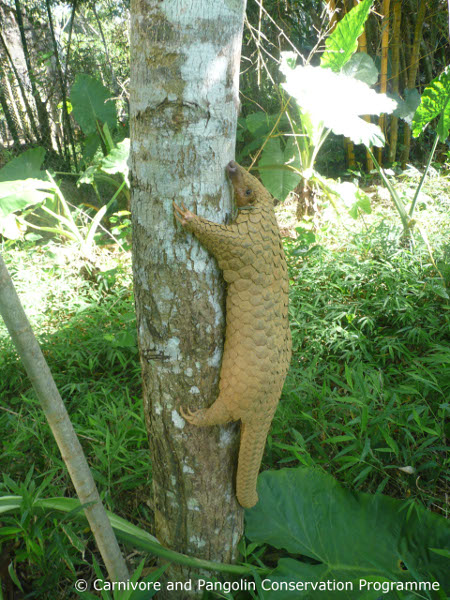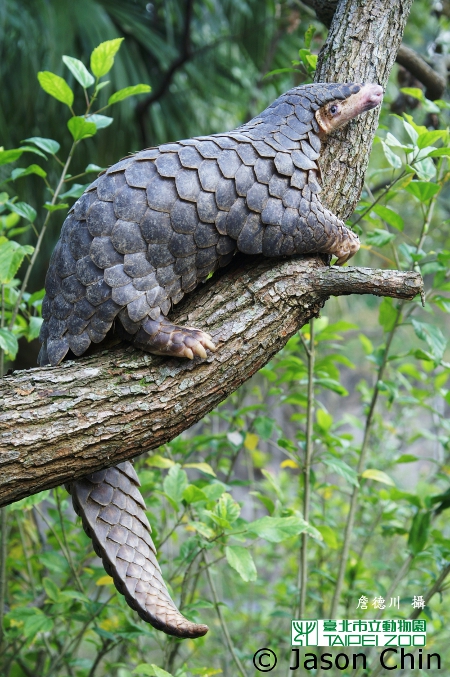
There is no doubt that the eastern traditional medicinal market is booming: demand for animal products across Asia is on the rise. Tiger bones, ivory from rhinos and elephants and shark fins to name but a few are all used either as food delicacies or in medicine, and false beliefs about the ability of these products to ‘cure’ ailments exacerbate the problem.
Last week on April 27th, police seized 304kg of live asian pangolins (17 individuals) near the northern border of Vietnam after receiving a tip-off about a vehicle trafficking them. As is the case with many of these seizures, the driver had no licence to keep the animals or any documents permitting their transport. After questioning and investigation, authorities believe that the pangolins were collected in Malaysia, before being smuggled across the Lao PDR border into Vietnam with the intention of exporting them to China.

Pangolins are found across Africa and Asia and are also known as ‘scaly anteaters’. Two of the eight species are top 100 EDGE mammals: the Sunda pangolin (Manis javanica) and Chinese pangolin (Manis pentadactyla), and both of these are classified as ‘Endangered’ by the IUCN. Unfortunately, due to their secretive and nocturnal nature, very little is known about pangolins and how many are left in the wild. However, they are being driven towards extinction particularly in south-east Asia by the demand for their scaly coat, believed to have healing properties, and their meat (from both adults and foetuses) is a delicacy desired by the wealthy members of China’s growing economy.
The plight of these unique animals has been recognised: in response to the increase in illegal trade, a new IUCN-SSC pangolin specialist group has been established at the Zoological Society of London. The group aims include understanding more about the pangolins, their threats and how they can be conserved. TRAFFIC is an organisation that fully supports the formation of the pangolin group and has been active monitoring trade and assisting authorities to clamp down on illegal wildlife trade since 1976. Chris Shepherd of TRAFFIC in Southeast Asia says that “bringing together a wide range of expertise and dedicated people to focus on the conservation of [pangolins] is key to their long term survival.”
And we believe this action comes not a moment too soon: in 2011 approximately 40,000-60,000 wild pangolins were taken from the wild in Vietnam alone, and those numbers probably only reflect the poachers that were caught. The vast reach of the black market in wildlife trade across Asia means that conservation organisations must work together to ensure the pangolin doesn’t disappear forever.